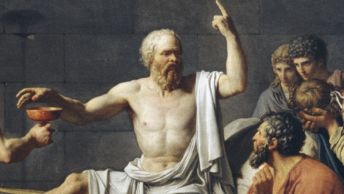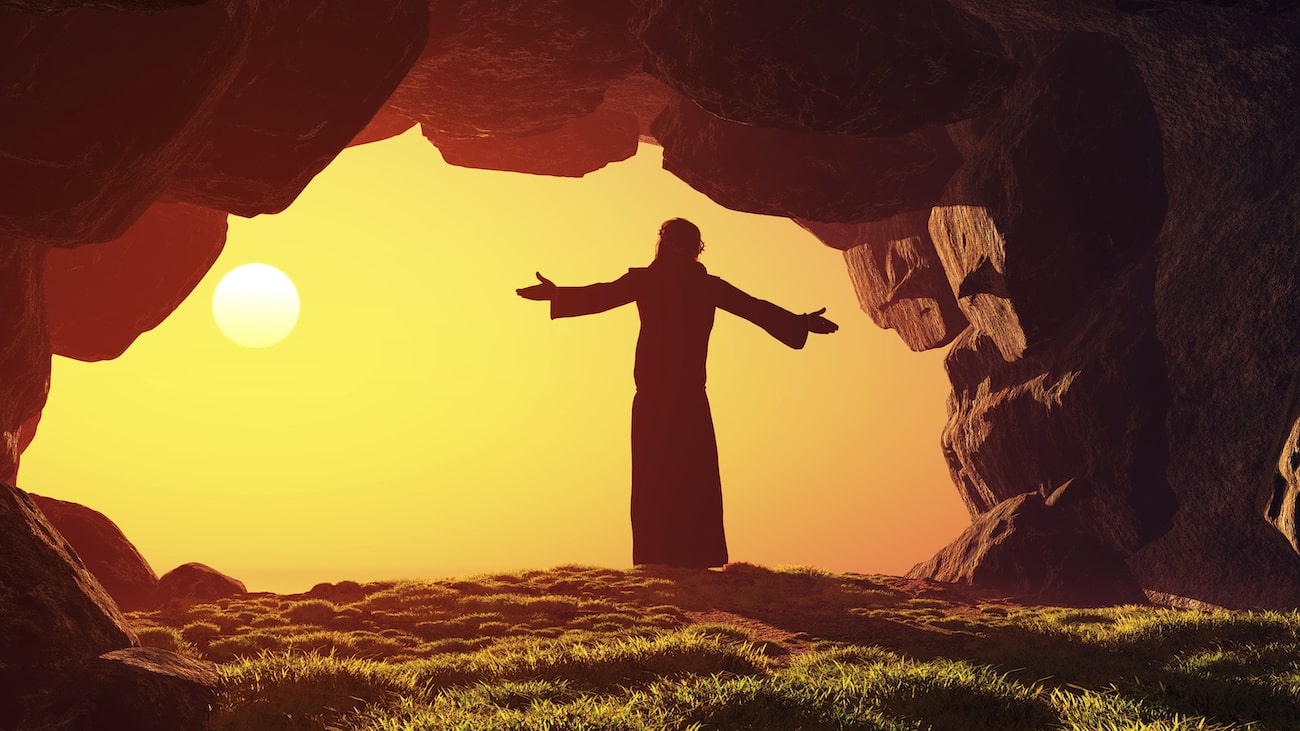
A fifty-year-old man named Bob was given the bad news by his doctor that he had terminal cancer. Soon afterwards Bob wrote a letter to his best friend from high school named Greg, who lived out on the West Coast, and described his feelings, saying, “I suddenly asked myself, ‘What am I doing? Why am I working at something I don’t enjoy? Why am I building up a bank account that will do me no good when I’m dead? Why am I pretending to be one way when I feel another?” Bob concluded his letter by saying that he was going to change—and he did. He had been looking for happiness, and indirectly, for God, in all the wrong places—but his illness forced him to see things from a new perspective, and to begin appreciating each day, and each experience of life, as a true gift from God, and as something to be enjoyed and cherished.
It turned out that Bob lived another eighteen months. Greg came to see him just before he died, and Bob told him that those eighteen months had been the best and most enriching time he had ever experienced—for his terminal illness had spurred him to move on and to find lasting meaning and purpose in life. In the same way, we must move on in our faith, centering our lives more fully around God and His will for us. Easter isn’t the end, but the beginning, of a process of spiritual commitment and growth. The more fully we understand and accept this, the more fully we are alive in Christ.
Even though Jesus had promised He would rise on the third day, Mary Magdalene and the disciples were caught off guard when this occurred; they needed time to adjust to the idea and to come to belief. After the pain and sorrow of Good Friday, the joy of Easter was an amazing and almost unbelievable surprise. For followers of Jesus, Easter was the beginning of a pilgrimage of faith—one which started with personal observation and experience, and was then nourished by the Scriptures and by the Eucharist, shared within a faith community.
The disciples looked for Jesus in an empty tomb, but He was not to be found there, for He was risen. There may be ways in which we search for life’s meaning in empty tombs—but it will not be discovered there. For instance, our society places great emphasis on money and material possessions—but these things cannot fill our deepest needs. Everything we own will one day be useless to us—and those who’ve centered their lives around their wealth and belongings will be in for a terrible disappointment, at best. Many people today run after power, pleasure, or status- but these things too are ultimately empty. God made us with a deep and everlasting need for Him, and nothing else can truly fill this space in our hearts. Those who stubbornly reject God, and who try to give their lives meaning in some other way, are destined to fail; one day they’ll have to face the terrible truth that they’re unready for judgment, that their lives were wasted, and that they have no one to blame but themselves. There are also people who have some belief in God, and who at least theoretically worship Him, but who really aren’t wholehearted followers of His Son. These are persons, for instance, who see religion only as a duty or a burden, and not as a commitment and loving relationship, or who have no real involvement in their faith community, and perhaps regard it as sufficient to attend church only once or twice a year. This approach, too, is an empty tomb; true life is not to be found there. As Jesus once said, God is the God of the living; those who wish to be His children must be spiritually alive.
Like the disciples, we have to continue growing in our faith, rather than standing still—and it shouldn’t take being diagnosed with a terminal illness to help us begin living the way God wants us to. The Lord seeks our true commitment, and in this regard we might ask ourselves: Are we better people today than we were last Easter? Have we tried to come closer to God over this past year? Are our hopes and plans for this coming year compatible with our duty to follow Christ? Life doesn’t stand still, and neither do we; we are constantly changing, for better or worse. Easter is a challenge and a reminder that we must choose life, rather than being sidetracked or distracted by the tantalizing deceptions and glittering temptations which ultimately lead to spiritual death. Easter means life, and life means growth; only if we truly try to grow closer to God are we able to discover and accept the new life Jesus offers us.









Praise be Jesus Christ!
I stumbled across this site googling: Exorcist priest in Detroit, Michigan.
Tom, I so agree (sadly) that the romance with Pope Francis will soon end.
In celebration of the two Pope’s to be canonized, I am reading writings of Blessed Pope John XXIII. How in the world could these Bishops in the USA get it so wrong?
I am stunned to say the least. That being said, I believe he had a premonition when he wrote on ‘error’. And we are still wading in it’s wake.
We will get through it. Stronger and smaller as Emeritus Pope Benedict XVI once said. One heart at a time ie; Fr. Esper
Great job Tom! Enjoyed the article.
God Bless,
TT